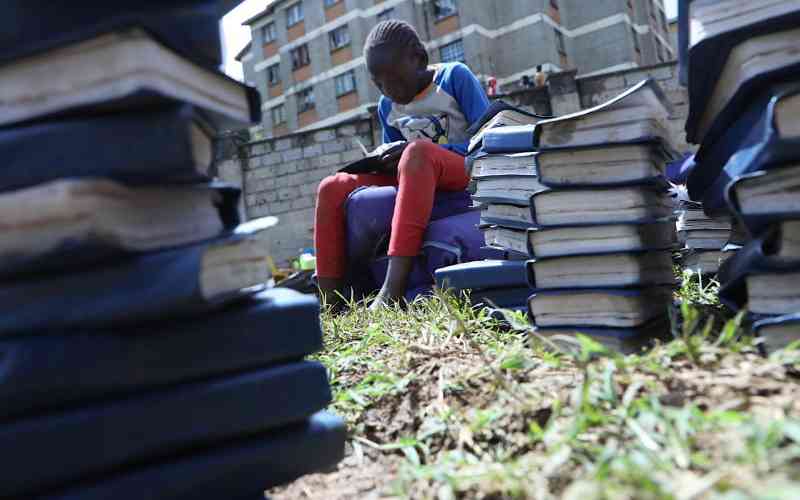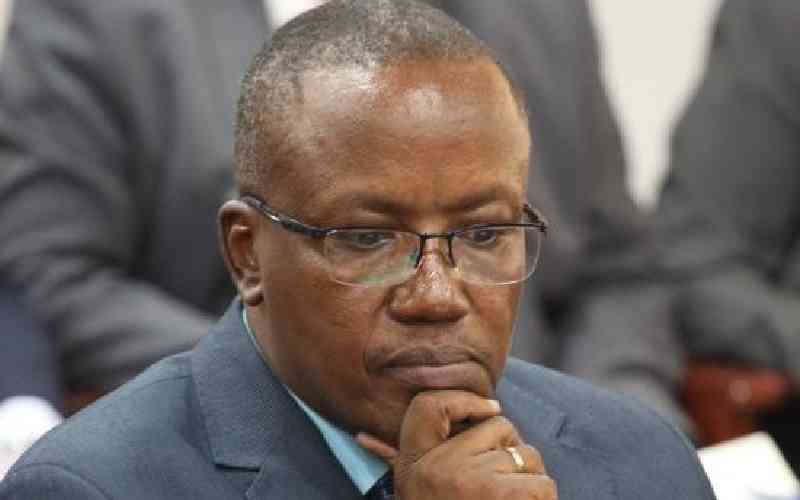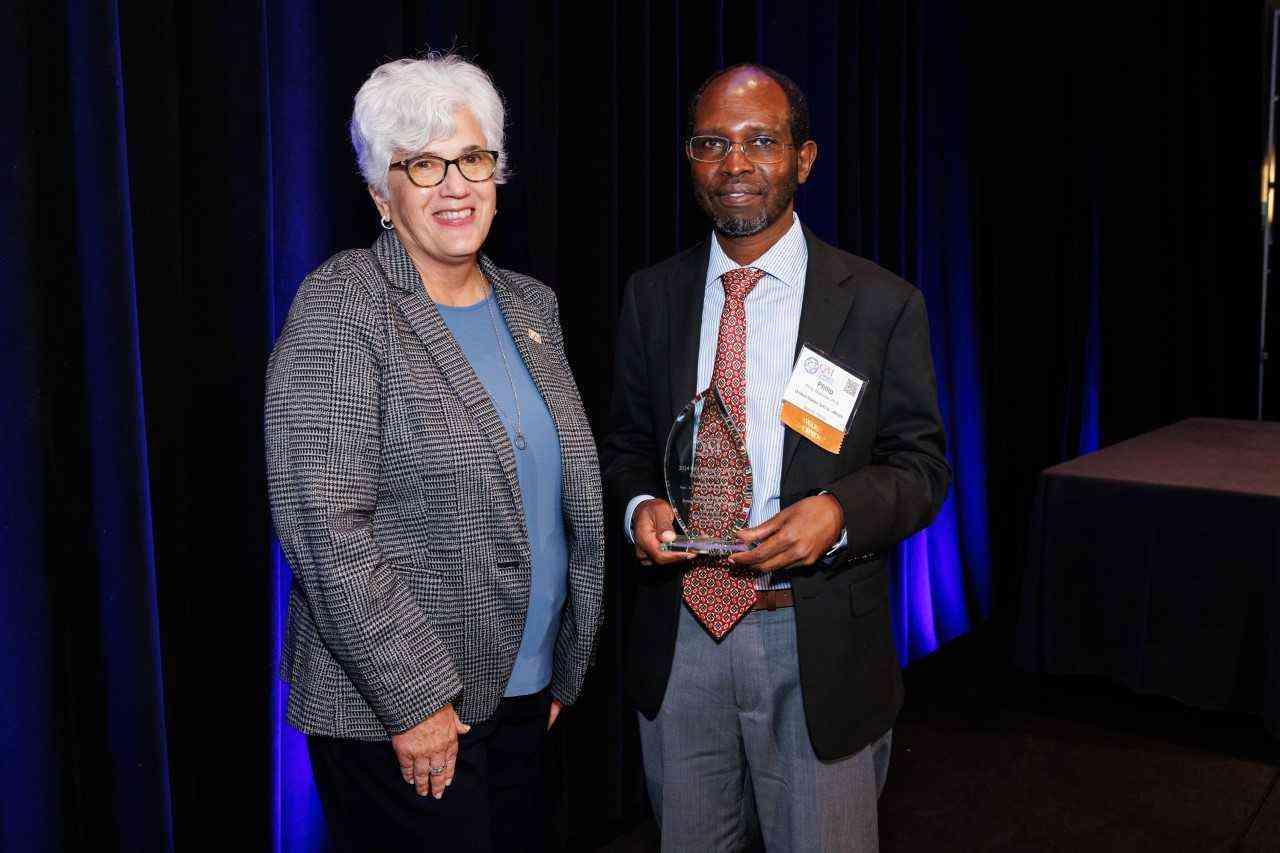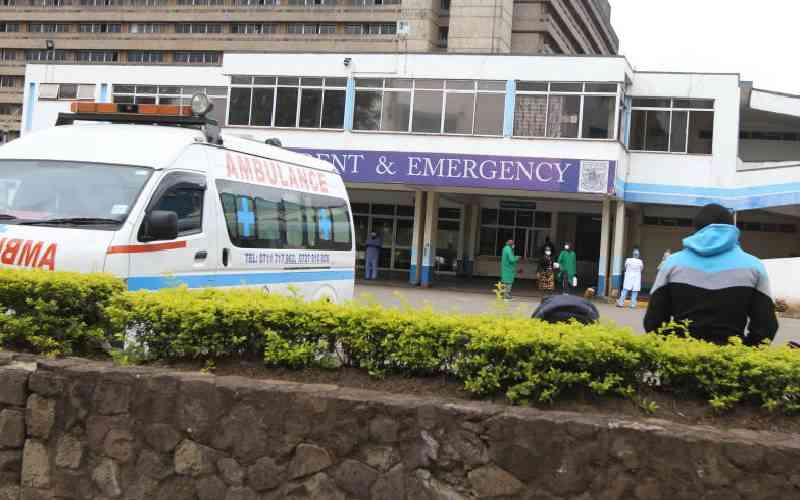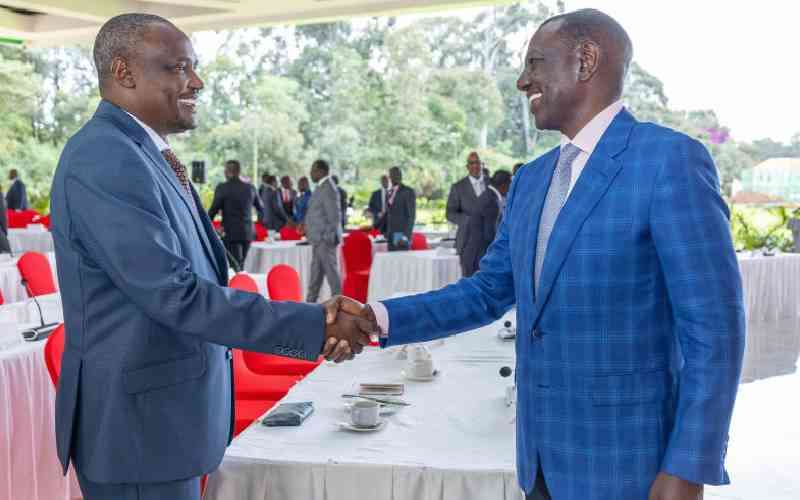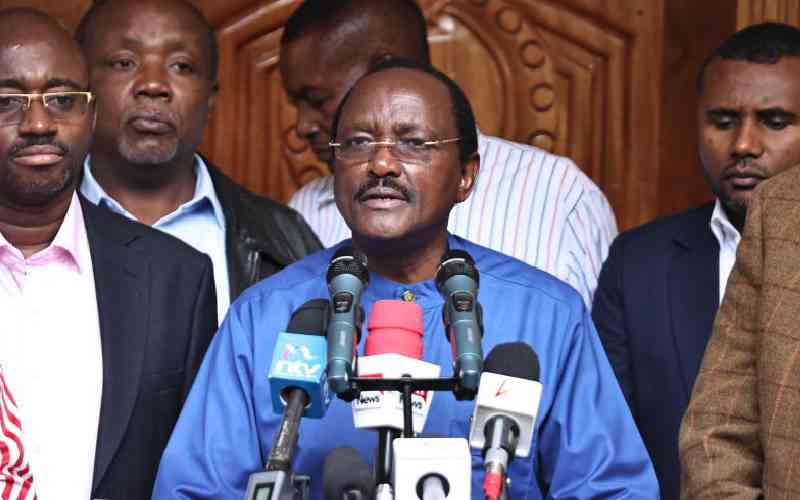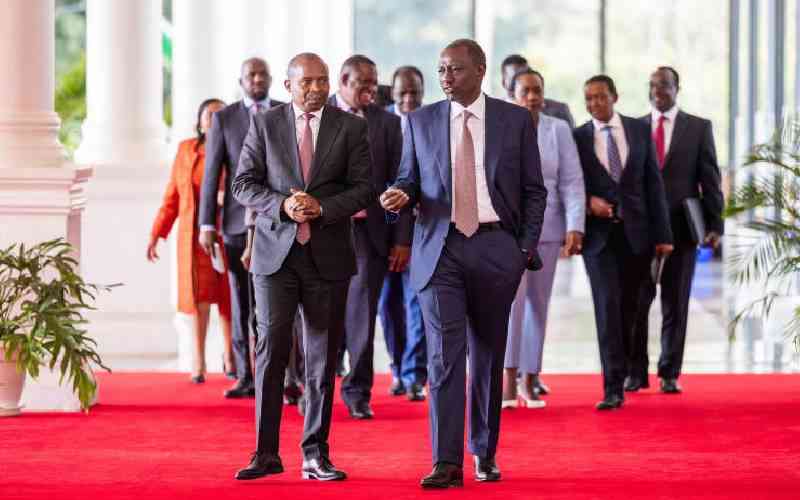By Protus Onyango
KENYA: Sub-Saharan Africa is home to nearly half of the world’s uncultivated land but the continent has not utilised the resource to secure food security.
The land is estimated at more than 202 million hectares. This can be used to dramatically reduce poverty and boost growth, jobs and shared prosperity.
According to a new World Bank report, “Securing Africa’s Land for Shared Prosperity,” released yesterday, African countries and their communities could effectively end ‘land grabs,’ grow significantly more food across the region and transform development prospects if they can modernise the complex governance procedures that govern land ownership and management over the next decade.
Africa has the highest poverty rate in the world with 47.5 per cent of the population living below $1.25 (Sh108) a day.
“Despite abundant land and mineral wealth, Africa remains poor,” said Makhtar Diop, World Bank Vice-President for Africa.
He added, “Improving land governance is vital for achieving rapid economic growth and translating it into significantly less poverty and more opportunity for Africans, including women who make up 70 per cent of Africa’s farmers yet are locked out of land ownership due to customary laws,” he said, adding, “The status quo is unacceptable and must change so that all Africans can benefit from their land.”
The report notes that more than 90 per cent of Africa’s rural land is undocumented, making it highly vulnerable to land grabbing and expropriation with poor compensation.
However, based on encouraging evidence from country pilots such as Ghana, Malawi, Mozambique, Tanzania and Uganda, the report suggests an action plan that could help revolutionise agricultural production, end land grabbing and eradicate extreme poverty in Africa.
The report suggests that Africa could finally realise the vast development promise of its land over the course of the next decade by championing reforms and investments to document all communal lands and prime lands that are individually owned.
The report says it would cost African countries and their development partners, including the private sector, $4.5 billion over 10 years to scale up policy reforms and investments.
“Improving the performance and productivity of Africa’s agricultural sector is vital for broad-based growth, more jobs, investment and substantially less poverty,” said Jamal Saghir, World Bank Director for Sustainable Development in Africa.
“Land governance is a proven pathway to achieving transformational change and impact that will help secure Africa’s future for the benefit of all its families.”
 The Standard Group Plc is a
multi-media organization with investments in media platforms spanning newspaper
print operations, television, radio broadcasting, digital and online services. The
Standard Group is recognized as a leading multi-media house in Kenya with a key
influence in matters of national and international interest.
The Standard Group Plc is a
multi-media organization with investments in media platforms spanning newspaper
print operations, television, radio broadcasting, digital and online services. The
Standard Group is recognized as a leading multi-media house in Kenya with a key
influence in matters of national and international interest.
 The Standard Group Plc is a
multi-media organization with investments in media platforms spanning newspaper
print operations, television, radio broadcasting, digital and online services. The
Standard Group is recognized as a leading multi-media house in Kenya with a key
influence in matters of national and international interest.
The Standard Group Plc is a
multi-media organization with investments in media platforms spanning newspaper
print operations, television, radio broadcasting, digital and online services. The
Standard Group is recognized as a leading multi-media house in Kenya with a key
influence in matters of national and international interest.

